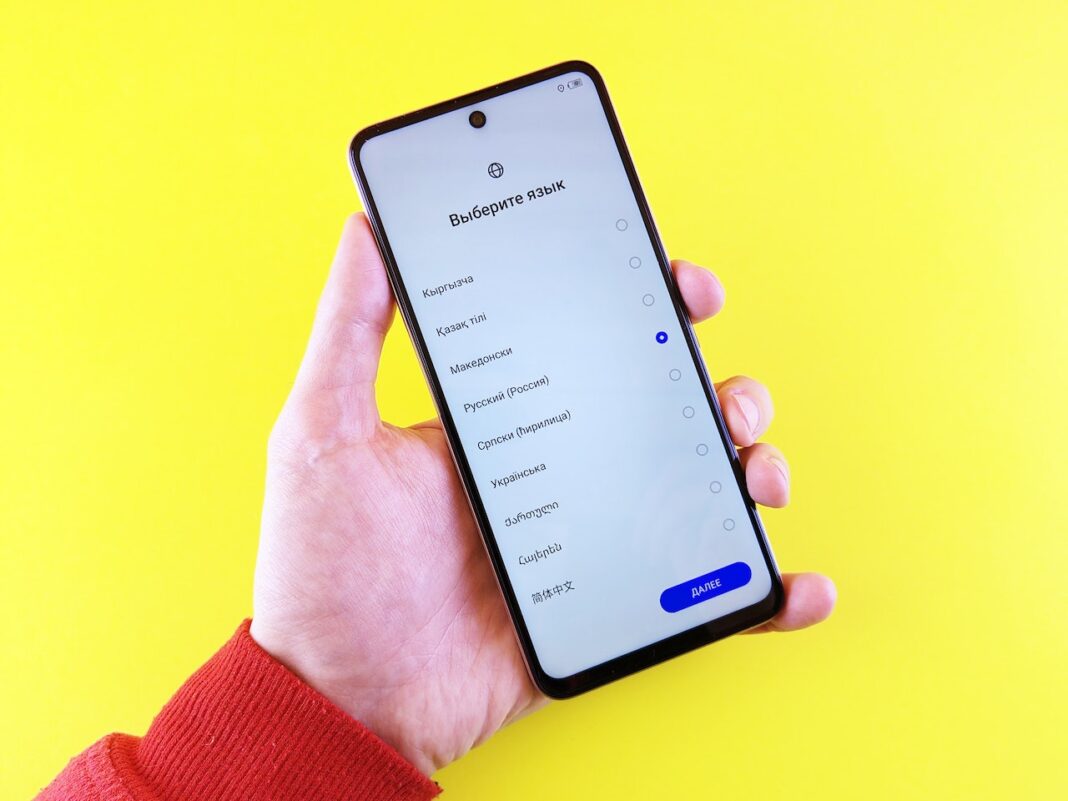Introduction
In this digital era, where android smart phones have become an essential part of our lives, privacy and security are the two most crucial aspects that we need to consider while using them. With so many options available in the market, Android Smart phones have emerged as a popular choice among users worldwide. However, with concerns regarding data breaches and cyber-attacks on the rise, it’s important to know whether these devices can keep your information safe. In this blog post, we will explore how Android smart phones are safe for your information and privacy!
What is Android?
Android is a mobile operating system that was developed by Google. It is an open-source platform that can be used on various devices such as smartphones, tablets, smartwatches and other gadgets. Android has become increasingly popular over the years due to its flexibility, customization options and user-friendly interface.
One of the reasons why Android is so popular is because it offers users access to millions of apps through the Google Play Store. These apps allow users to perform a wide range of functions from social media interaction to gaming, productivity tools and much more.
Another advantage of Android is its seamless integration with other Google services such as Gmail, Drive and Maps which makes it easier for users to manage their digital life all in one place. Additionally, Android’s regular updates provide improved functionality and security features keeping your device safe from potential threats.
Android’s versatility ensures that it remains a top choice among consumers who are looking for a reliable mobile operating system that provides them with endless possibilities at their fingertips.
Android Security
Android Security is one of the most important aspects that users consider when purchasing an Android smartphone. Google, the company behind Android, takes security very seriously and has implemented various measures to ensure the safety of its users. One of the main features that Google employs is regular updates to their operating system.
With each update, Google patches security vulnerabilities and enhances encryption methods. Additionally, they have also added features like app permissions management which allows users greater control over what apps can access on their device. Furthermore, Google Play Protect continuously scans for malicious apps in the app store and removes them before they can cause harm.
Another great feature that comes with Android smartphones is biometric authentication such as fingerprint scanners or facial recognition technology which adds an extra layer of security to protect your privacy.
Android Security should be a top priority for any user who values their personal information and data protection. With continuous updates from Google along with new features like biometric authentication, using an Android smartphone is now safer than ever before.
Android Privacy
Android provides various privacy features to ensure that user data is protected from malicious apps and hackers. One of the most notable features is the ability to control app permissions, which allows users to determine what data an app can access.
Another feature is the Android Backup Service, which encrypts all data stored in Google Drive with a unique key. This ensures that only the user has access to their backed-up data.
Furthermore, Android devices come equipped with built-in security features such as fingerprint scanners and facial recognition technology. These biometric authentication methods provide an additional layer of security for users’ personal information.
In addition to these features, Android also receives regular security updates from Google that are designed to address any potential vulnerabilities in the system. Users can also download third-party antivirus software for added protection.
While no device or operating system can guarantee complete privacy and security, Android’s various privacy features make it a safe choice for individuals who prioritize protecting their personal information.
How to keep your Android device safe and secure
Keeping your Android device safe and secure is crucial in protecting your personal information and privacy. Here are some tips to help you keep your Android device safe:
1. Update Your Device: Always make sure that you have the latest software updates installed on your device as they often include security patches.
2. Use Strong Passwords: Create strong passwords for all of your accounts, including your lock screen password.
3. Install Antivirus Software: Installing antivirus software can help protect against malware and viruses that could steal personal information from your device.
4. Be Careful with Apps: Only download apps from trusted sources such as the Google Play Store and read reviews before installing them.
5. Enable Two-Factor Authentication: Enabling two-factor authentication adds an extra layer of security when logging into accounts by requiring a code sent to another device or email address.
By following these simple steps, you can ensure that your Android smart phone is safe and secure from potential threats. Remember to always be cautious when downloading apps or clicking on links, as well as keeping up-to-date with the latest security measures available for mobile devices.
Conclusion
Android smart phones are safe for your information and privacy. Google has implemented advanced security features to protect users’ data from cyber threats. However, it is also important for users to take responsibility for their own device’s safety by implementing best practices such as regularly updating the software, installing antivirus apps and using strong passwords.
Android offers a wide range of features that provide an enhanced user experience while keeping personal data secure. With frequent updates and innovative security measures in place, Android remains one of the most secure operating systems available on mobile devices today.
Therefore, if you’re looking for a reliable smartphone with robust security standards and unparalleled privacy protection capabilities, then look no further than Android smart phones!


